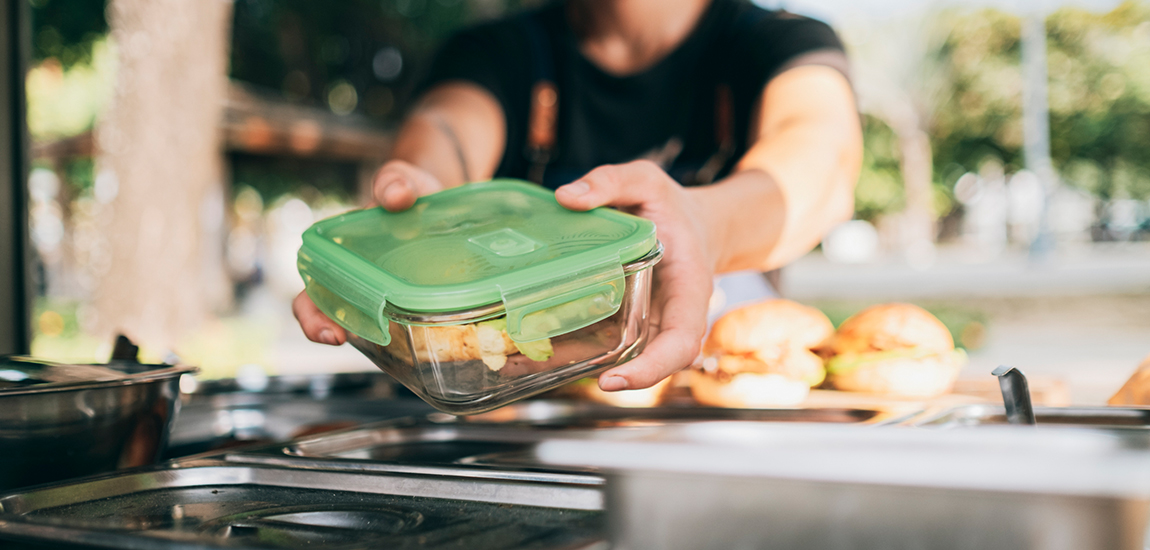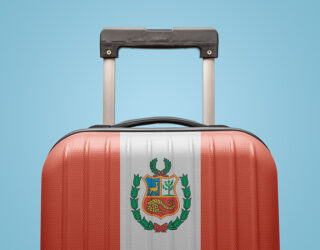On April 2, 2025, Law 1/2025 of April 1 on the Prevention of Food Loss and Waste was published in the BOE (Official State Gazette), aimed at preventing and minimizing food loss and waste. This law includes This law includes in its scope of application companies in the hospitality sector, amongst others.
As stated in the preamble to the law, preventing food waste has been a traditional concern of Spanish society since the 16th century when Philip II issued the Pragmatic Decree of May 15, 1584, which ordered that “when there is much plenty of bread in the granary, and it is necessary to renew it due to its abundance, so that it does not go to waste, the Town Councils should lend it to people who have paid for it…”.
The European Union has calculated that 15% of total food waste comes from the hospitality and catering sector. In this regard, the Law on the Prevention of Food Loss and Waste has included these companies within its scope. In general terms, it establishes that it applies to the agents of the food chain that carry out their activities in Spanish territory, including:
- Hospitality or catering companies and other food service providers;
- Primary sector operators, manufacturing, processing, transformation or distributing food, including retail businesses;
- Third sector social action entities and non-profit organizations providing distribution services of donated food; and
- Public administrations.
The law defines “other food service providers” as, generally, all permanent establishments offering catering or dining services, as well as healthcare centers, educational centers, penitentiary centers, immigrant detention centers, and social service residences.
In order to comply with the objectives of the law, it establishes a series of obligations for all food chain agents focused on a hierarchy of priorities:
- Firstly, a general obligation centered on prevention, whereby the agents must adopt the possible measures and incorporate rational production, purchasing, and management criteria based on specific needs to prevent surplus generation.
- Secondly, the transformation of unsold but still suitable for human consumption food or agricultural products into alternative products for human consumption.
- For generated surpluses, the following priority order will apply:
- Food donation for human consumption.
- If not possible, the food will be used for animal feed and feed production.
- If neither of the above is possible, they will be used as by-products in other industries.
Article 6 of the law imposes new obligations on food chain agents, consisting of:
- Not including provisions in their contracts that expressly prevent food donation, which would be null and void.
- Developing and having a plan for the prevention of food loss and waste that includes the application of the aforementioned hierarchy of priorities. If the agent:
- Operates in more than one autonomous community, the plan must be developed as an integrated whole;
- Operates in autonomous communities without specific regulations requiring a plan, it must meet the requirements of the autonomous communities where they operate and contain such regulations.
- Promoting the signing of agreements or contracts to donate their food surpluses to social initiative entities and other non-profit organizations or food banks.
The law establishes a minimum content for donation agreements or contracts, such as i) conditions for collection, transportation, and storage of products, ii) commitments of the chain agents, iii) the selection of food to be donated will be made by the donating agent, and iv) the possibility for the receiving entity to reject the donation, which must be duly justified.
Microenterprises, defined as those employing fewer than ten people and having an annual turnover or annual balance sheet not exceeding two million euros, are excluded from the obligations set out in Article 6 of the law. This does not mean they are exempt from the law’s application, only from the obligations set out in Article 6.
Hospitality and catering sector agents with a public sales area or a useful public display and sales area of 1,300 m² or less are also excluded from the obligations to develop a prevention plan and sign donation agreements (not from making donations), although they must comply with the rest of the law’s provisions. For example, in the case of a hotel with a catering service, the competent Ministry has indicated that the commercial area of the catering area should be computed.
Notwithstanding the above, regardless of their area, establishments operating under the same tax identification number and collectively exceeding 1,300 square meters must sign donation agreements and develop the indicated prevention plans.
The law introduces specific obligations for hospitality and catering companies (Article 8). It expressly states that food chain agents that are hospitality companies and other food service providers must allow consumers to take away, at no additional cost, the food they have not consumed, and inform them of this possibility clearly and visibly in the establishment, preferably on the menu or menu (similarly, Article 10 considers it a right of consumers or people consuming donated products). This obligation excludes buffet or similar service formats where food availability is not limited.
To comply with this rule, food-safe, reusable, or easily recyclable containers will be used. In the case of single-use plastic food containers, the provisions of Law 7/2022 must be complied with, particularly the obligation to charge for them.
The law also provides that hospitality sector companies and other food service providers can apply, together with public administrations, good practice measures for the sector. Although not mandatory, these measures may include, among others, promoting the incorporation of sustainable purchasing criteria whenever feasible, promoting menu flexibility so that consumers can choose different side dishes or portion sizes, etc.
The new law introduces a sanctioning regime in this area. Serious infringements (punishable by fines between 2,001 and 60,000 euros) include not having a business plan for the prevention and reduction of waste, the intentional destruction or alteration of food in suitable conditions for consumption without justified cause, or the repetition of minor infringements. Similarly, the repetition of minor infringements can lead to a serious infringement, and the repetition of serious infringements can result in a very serious infringement (punishable by fines between 60,001 and 500,000 euros).
The sanctioning authority will be held by the autonomous communities, which must regulate the procedure and competent body in this regard, and may include new infringements or increase the threshold of sanctions.
Finally, the law is understood to have come into force on January 2, 2025, except for the sixth additional provision, the repealing provision, and certain final provisions introducing regulatory modifications that do not affect the matter in question and came into force on April 3, 2025.
However, the obligations contained in Article 6 of the law, such as developing and having prevention plans and signing donation agreements, will apply from April 2, 2026 (note that the obligation to allow consumers to take away uneaten food or the prohibition of clauses preventing donation is currently in force).
It is worth noting that the Ministry of Agriculture, Fisheries, and Food published a questionnaire of questions and answers on the application of the law on April 30, 2025, which is subject to updates.






